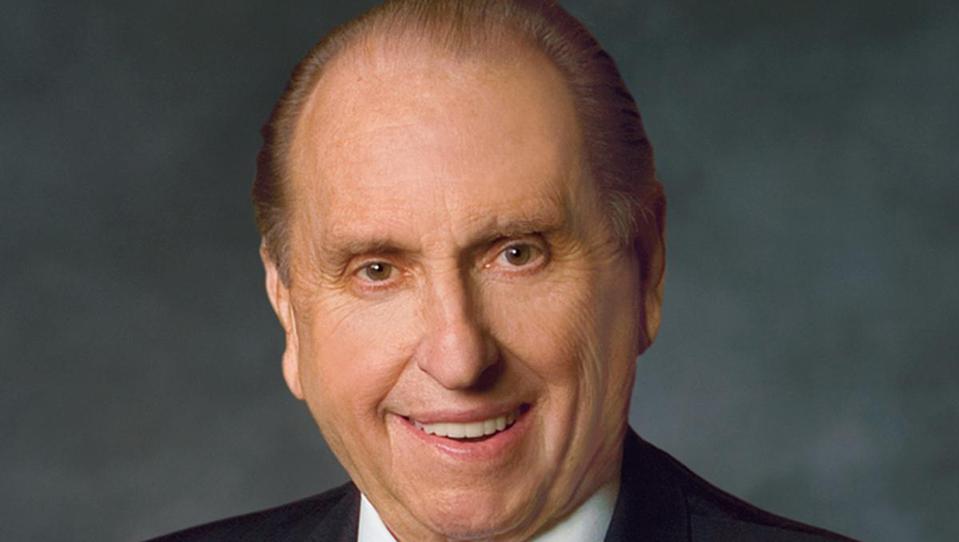Every now and then I’ll read an article that claims Mormons worship Joseph Smith. When you see one of these, know you’re reading an article by someone who has no idea what Mormons believe and head out in search of a more knowledgeable source.
Mormons worship God and Jesus Christ. They honor their prophets, but they don’t worship them.
If you believe in the Bible, then you also believe in prophets. The Old and New Testaments both contain the teachings and stories of many different prophets. A prophet’s role was to be God’s official mouthpiece. This prevents confusion because those who have a testimony as to which person God has chosen as a prophet know exactly who to follow when people present conflicting ideas about truth.
 However, as a Christian, you probably do not worship Moses or Noah or any other Bible prophet. You honor them. You follow their teachings if God intended them to be followed today. You learn about them and teach your children about them and respect them. You can do all this without worshiping them.
However, as a Christian, you probably do not worship Moses or Noah or any other Bible prophet. You honor them. You follow their teachings if God intended them to be followed today. You learn about them and teach your children about them and respect them. You can do all this without worshiping them.
A modern-day prophet is just like an ancient prophet. He is God’s chosen mouthpiece and we are supposed to honor and respect him, follow what he tells us when he is speaking as a prophet, and gain a testimony of him. We are not supposed to worship him. Mormons do not worship Joseph Smith because he was a prophet, not a god.
Mormons are instructed not to blindly follow the prophet. God never asks anyone to follow blindly. Before a person joins the church, he is asked to pray to find out if Joseph Smith really was a prophet and also to find out if Thomas S. Monson, the prophet as of this writing, is the current prophet. This way, the answer comes from God directly, and people of faith don’t doubt what God tells them, but can, of course, doubt when ordinary people tell them.
Learn who Thomas S. Monson is.
If God has personally told you that Thomas S. Monson is the prophet and that you are to follow him, you are not following blindly. It is like learning that a hot stove is dangerous to touch. Once you know, you no longer doubt the truth of that statement, and so you follow your mother’s instructions and avoid touching it. Once we know what God wants us to do, we are making an educated choice to live a Christ-like life.
Of course, sometimes, even when we have a testimony, we hear something from the prophet that is unexpected—something we didn’t know was true and that perhaps makes us uncertain. There is nothing at all wrong with that as long as we don’t decide to walk away from the Church without finding out. When we follow our own personal desires or the teachings of a political party or celebrity or guru even when that contradicts God’s teaching, we are becoming our own prophet, deciding we know better than God how the world should run.
Are we then supposed to accept that teaching without any question? We can, but we don’t have to. At any time in our life, we can go to God and say, “I’m having trouble with this particular thing the prophet said or did. Is this really what you want me to believe or to do?”
What do Mormons mean when they say they “follow the prophet?”
Mormons are taught to study it out first. This means to review everything currently being taught by the church to see what has already been taught and when. The most recent revelations, of course, are the ones we follow. Otherwise, we’d still be living the law of Moses. Then we make a decision. Finally, we pray for confirmation of our decision. With that confirmation we are once again not following blindly. We are following what God personally confirmed to us.
This process brings about great safety. The fashions of the world change all the time, but eternal truths are always true. By turning to God and listening to His prophets, we, like the people of ancient times, can make certain we are on the right path. God loves us as much as He loved His ancient followers.
Mormons don’t worship their prophets, but they do take great comfort in knowing there is one to help guide them through the complexities of mortality.
